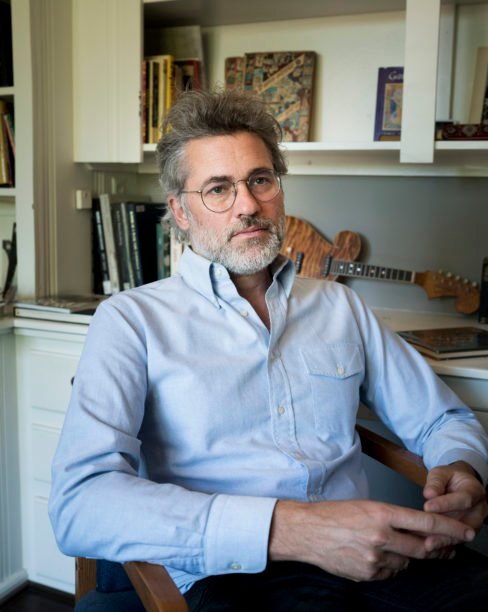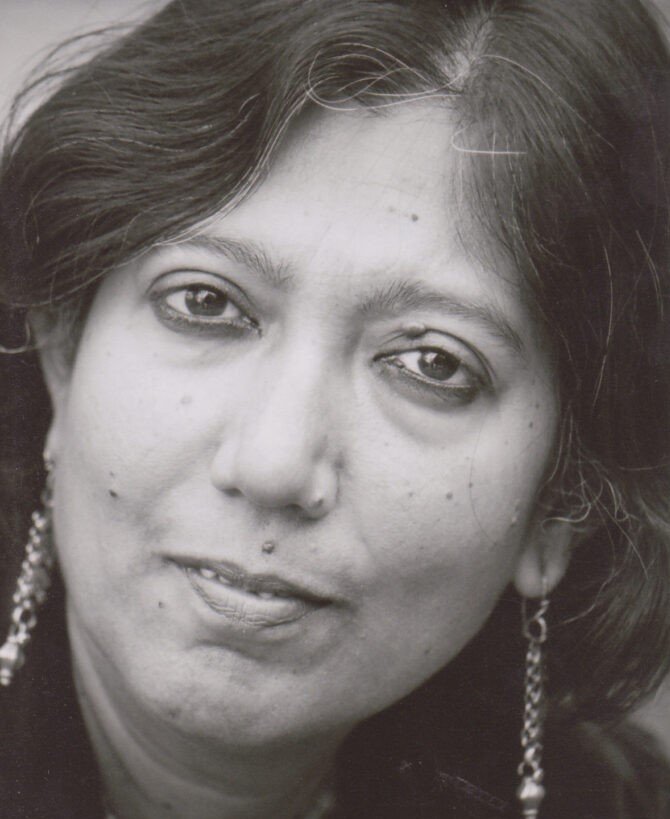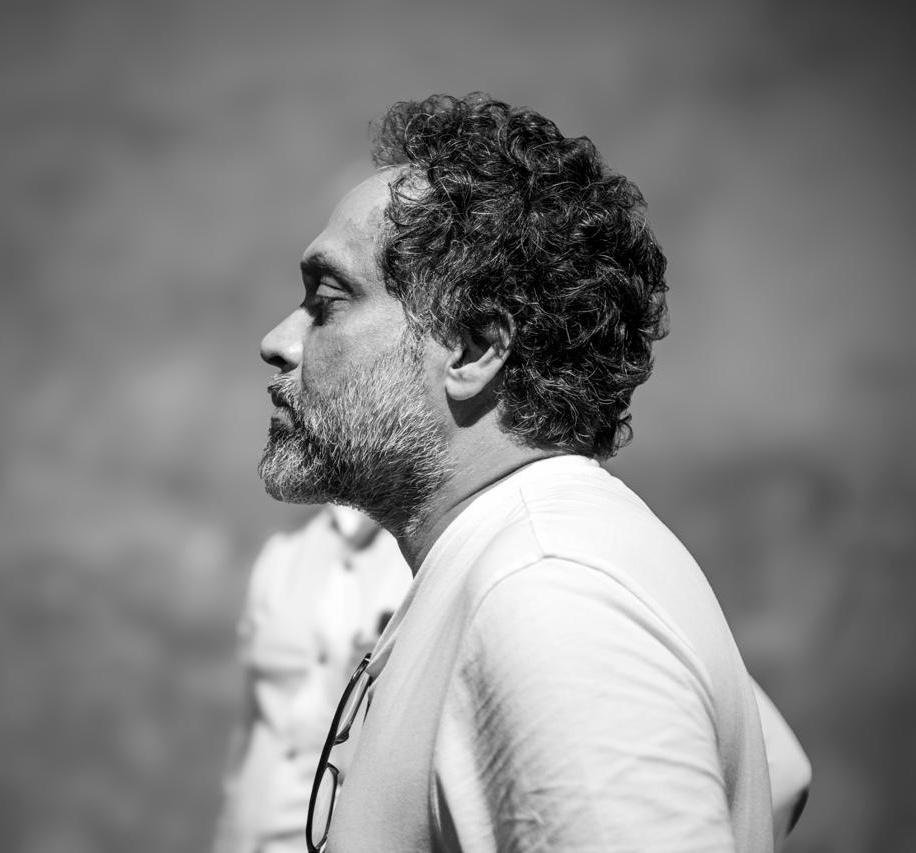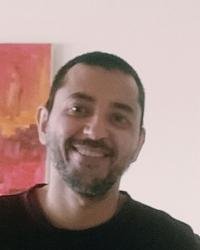

Menu
Menu


Menu




Home » e-Talks
The ARCUREA e-Talks is a curtain raiser to the curation workshop. It is designed to initiate the students to the idea of curation, archiving and restoration and provide a foundation for the later, intensive, on-campus workshop in SRFTI during ARCUREA. Further, the e-Talks are designed to initiate a wider discussion involving multidisciplinary approaches to the idea of curatorial knowledge. Recordings of selected talks will be made accessible to a wider interested audience to help disseminate awareness about the importance of curation, archiving and related subjects.

A lecture that asks: what is the Films Division of India’s archive good for? And answers: laughter, boredom, and tears. This talk, which addresses the theme of the future in some films from the past, begins with a brief look at the genesis of Sarkari Shorts, a Tumblr page the speaker created in 2014 that turned into a yearlong excavation of the Films Division youtube channel and associated online materials. He will discuss this as an example of a generative approach to archival materials, less committed to explication than expansion; less about what actually happened and more about what still might. The title refers to an Emergency-era short film called Sorry, I Am Late, which warns against tardiness. He will discuss this, alongside other short films related to family planning, wild elephant capture, the nighttime worlds of late 60s Mumbai, ancient but sexy statues, and the projected benefits of the Bhakra Nangal dam project.
Suggested short films:
Sorry, I Am Late (1976)
Benefits of Bhakra-Nangal (1955)
Planned Parenthood (1949)
Operation Khedda (1956)
Khajuraho (1956)
And the Stars Look On (1968)
Promise of Prosperity (1973)
Time is HMT Time (1977)
A talking and listening session thinking about the nature of sound archives in general (focusing on the UK) and how archival sound might be used in sound art practices. Cathy will focus on aspects of my work with sound, history and memory – specifically works with composed sound that collect archive material in real time; re-use existing archival recordings and re-sound materials when histories or voices are silenced.

Films are curating friendly as it works across temporalities. Curating, as it is practised in different sectors, within and outside the art world, is about caring, incubating, restoring, displaying, annotating but also about disturbing the status quo. All these actions require a good volume of material in hand to play around. Hence curating also requires a running collection – as in museums and archives. But what can we do when the material itself disappears or when the archive turns into a ghost. Expanded cinema is to trace cinema through other parameters than films. This is prompted by an understanding that cinema has been more than only films.
As a public culture in the 20th century, cinema expanded to bazars, streets and social memories. But in the 21st century it is in people’s pockets, as in cell phone screens. What could be the new form of expanded cinema in contemporary times? Can it be curated beyond the regime of media platforms or the clutches of globalisation?
Starting point of this online lecture is Arsenal’s project “Living Archive – Archive Work as a Contemporary Artistic and Curatorial Practice” (2011–2013). Looking back into the history of the institution, the concept of the “Living Archive” can be seen as a continuation of Arsenal’s institutional practice since its foundation 60 years ago. At the same time, this project gave shape to an archival practice that continues to evolve with each new project and thus with new partnerships with archives around the world. The lecture will give an overview of key projects such as the “Animated Archive” in Guinea-Bissau and an ongoing collaboration with the national film archive of Nigeria.

1. The origin of the idea of KMB.
2. Why Kochi?
3. Kerala artists, Indian artists and the global art world/market – how were these equations
addressed?
4. What impact did KMB make on the local art economy and Indian art scene?
5. Challenges and risks in the Indian and Kerala contexts.
6. Way forward – lessons to learn.
7. The relevance for institutions for art and aesthetics + arts management and curation in the
context of new emerging liberal arts education and cultural economy prospects
In the current media landscape, the distinction between a still and moving image no longer holds. All images today are moving, mutating and leaking, calling for a new paradigm of curation that abandons its moorings in the museum. The lecture proposes new theoretical frameworks for the exhibition in the 21st century that test the museological and archival impulses dominant among institutions.

This talk offers broadly formulated reflections on the relation between film archiving, cultural memory, and film history. Do film archives exist to protect Indian cinematic heritage for its content, or to preserve, restore and conserve expressions in the material format of celluloid? Given finite resources, if archivists must necessarily also be curators, what challenges do the sheer number of films produced each year in India pose for film archives and film history? Can Indian film history be preserved in other ways, such as through collections of film memorabilia? What do digital spaces and other forms of historical evidence, such as the personal anecdote and the reminiscence, have to contribute to the task of conserving Indian cinema’s pasts?
If curation is unavoidable, Sudhir suggests scholars have a role to play, but this would entail developing new methods of analysis, aggregation, and assessment of India’s cinematic vast output beyond, or in addition to those of judgments of artistic relevance and cultural value.